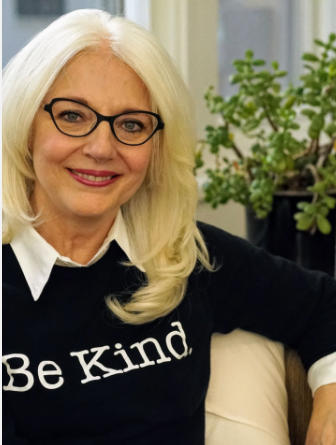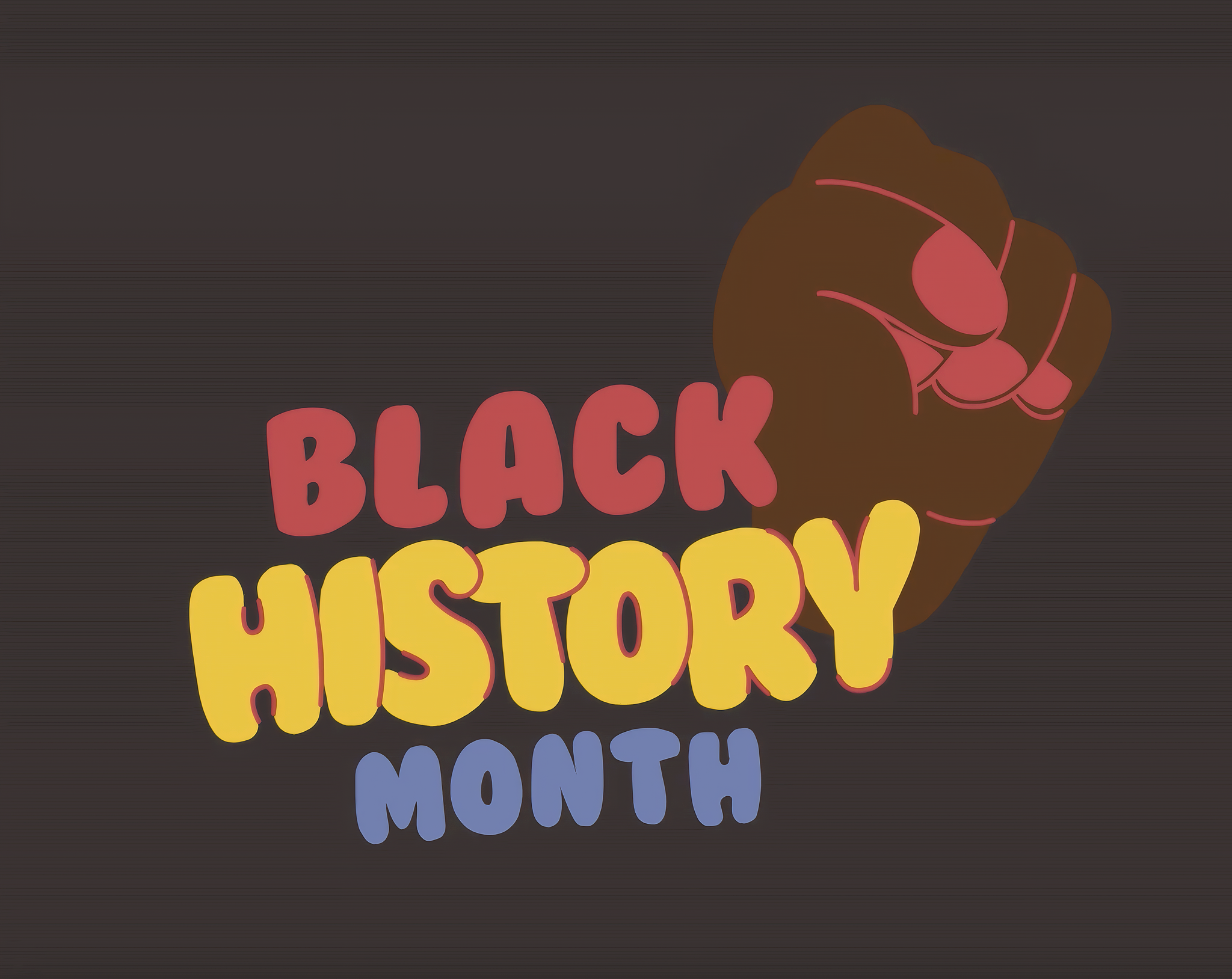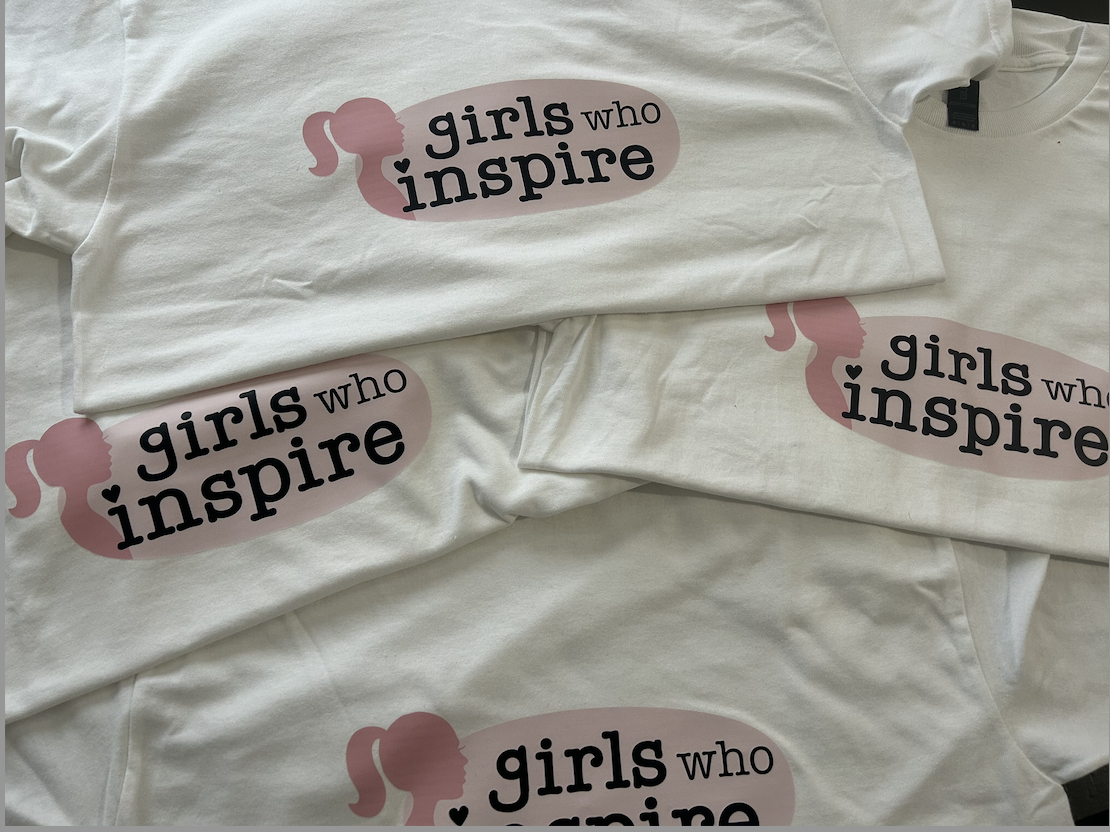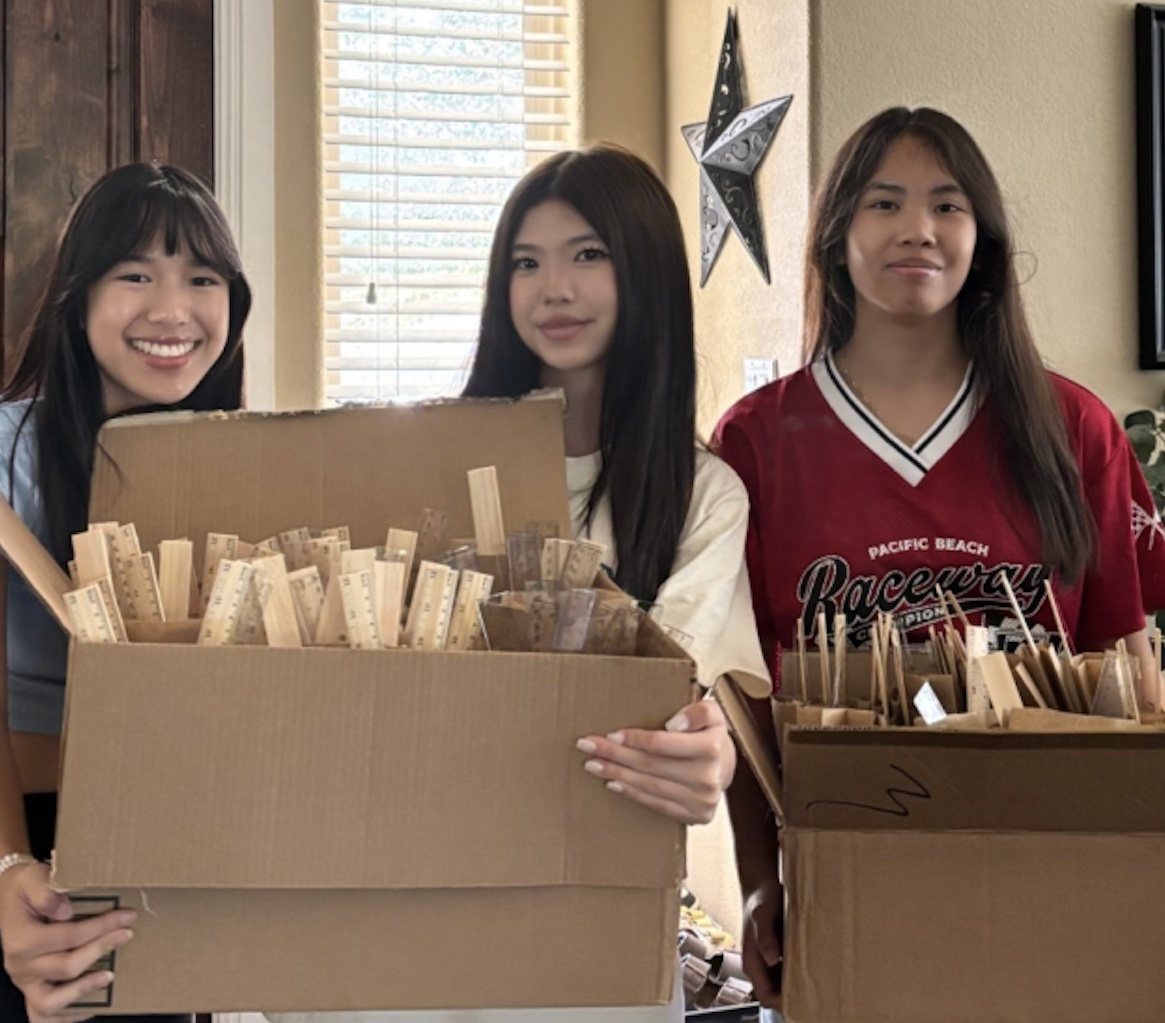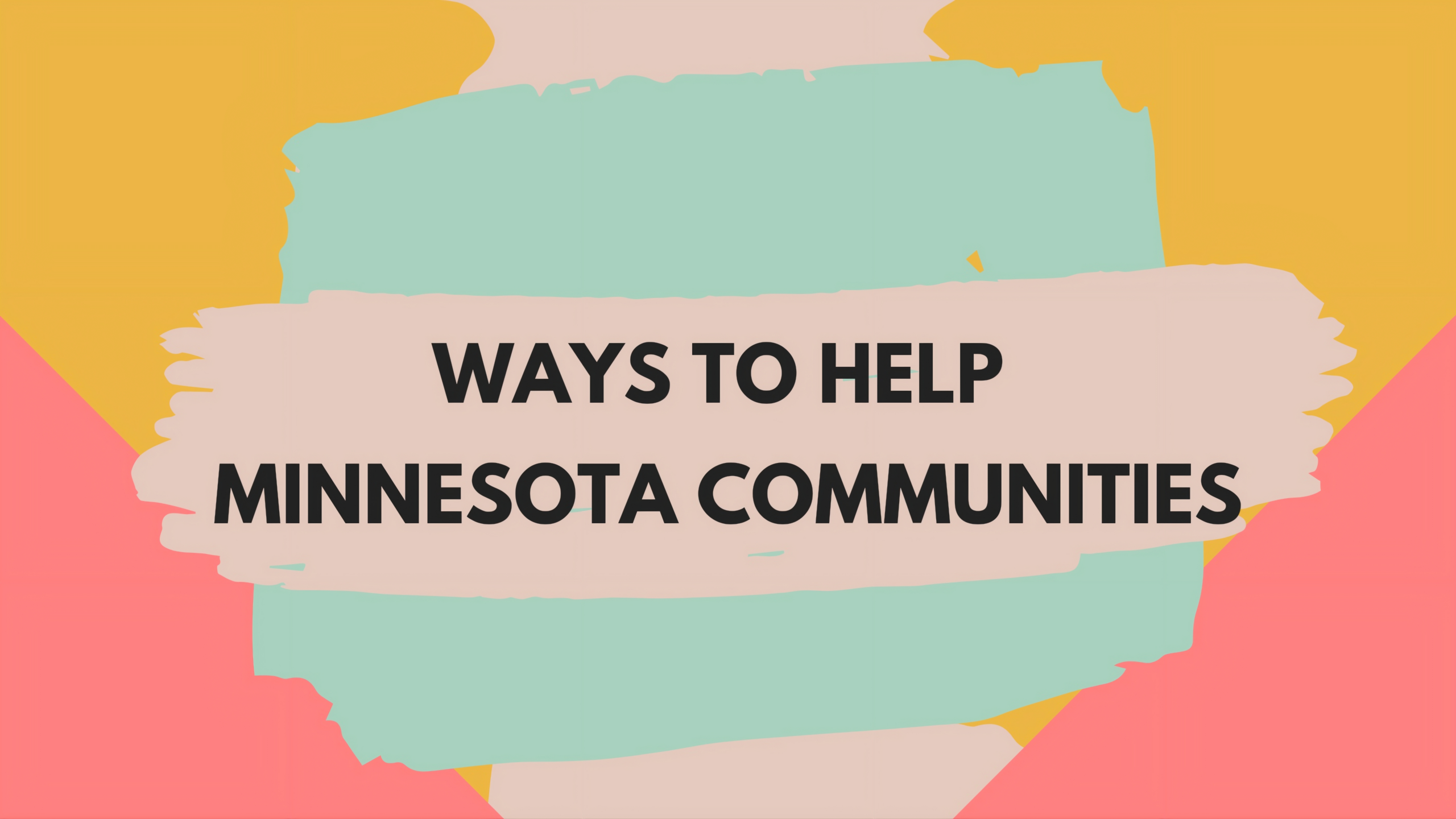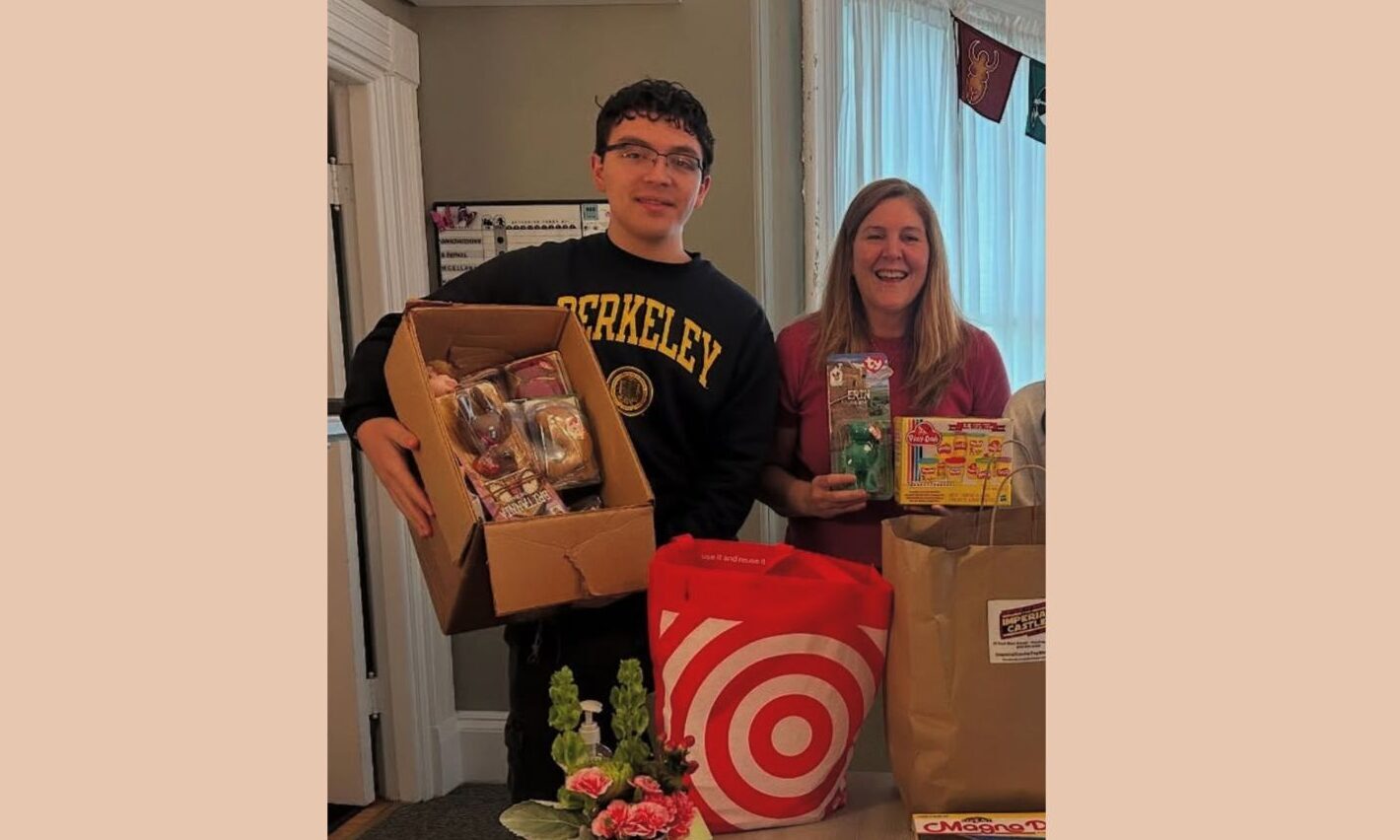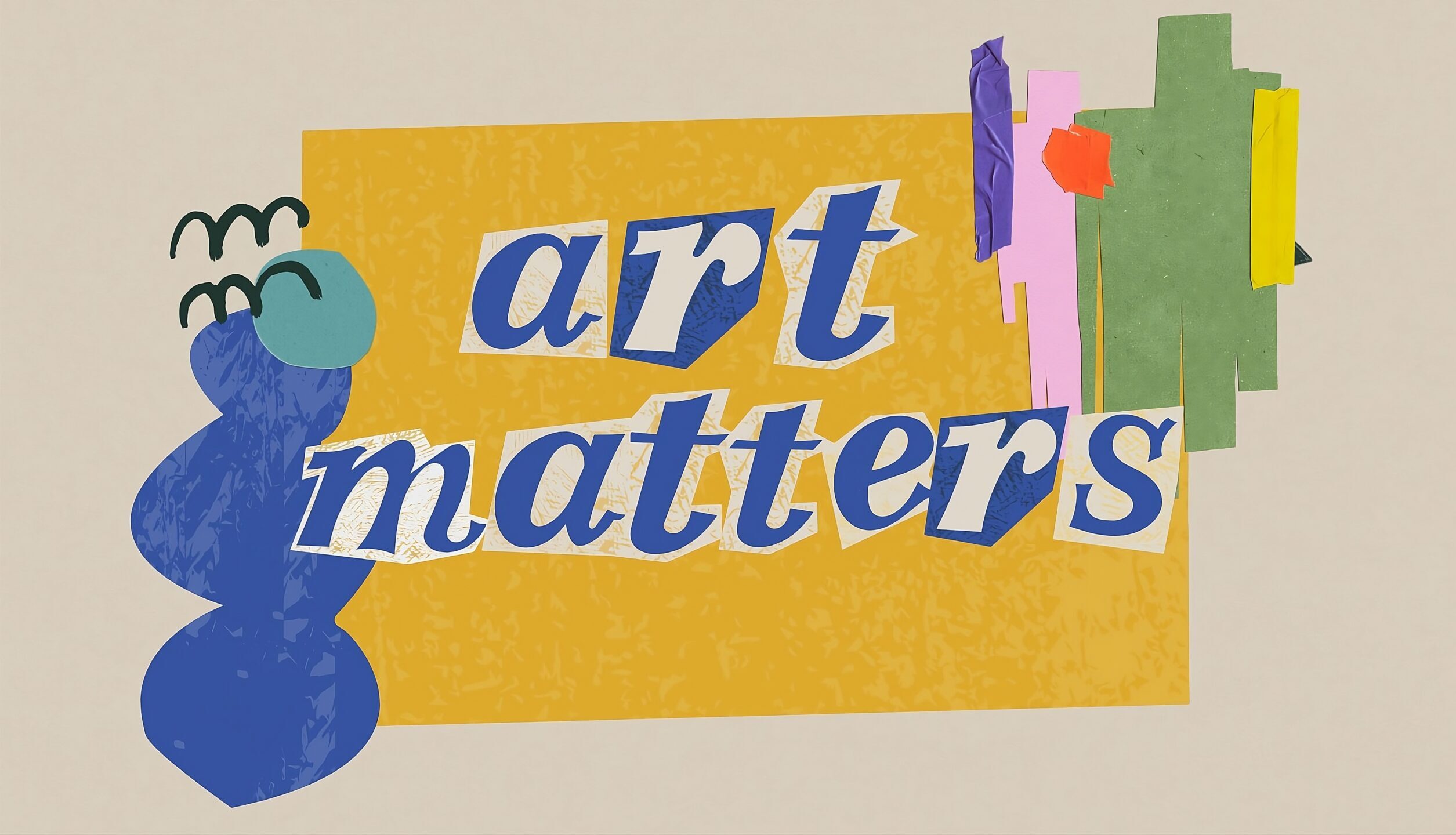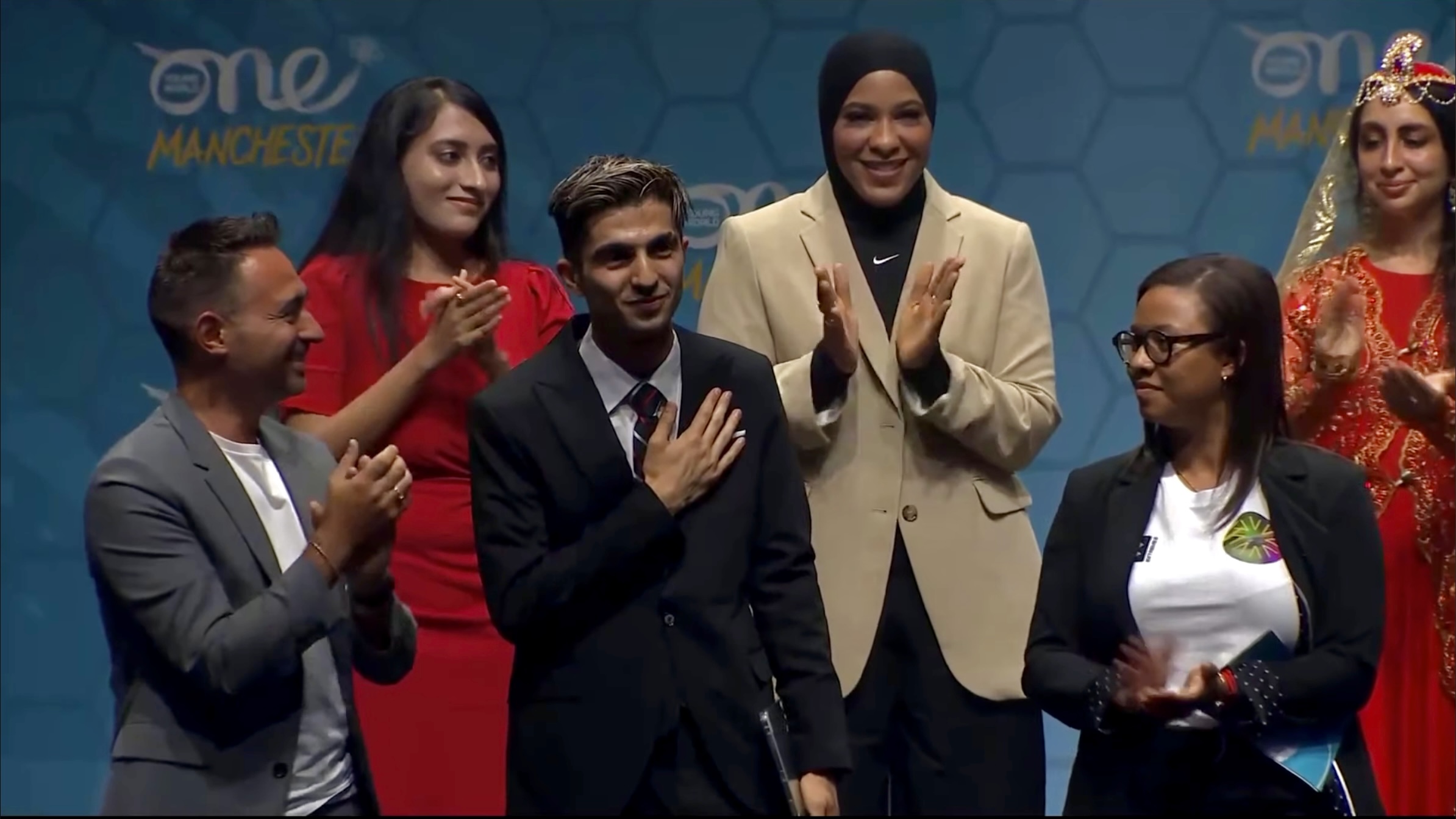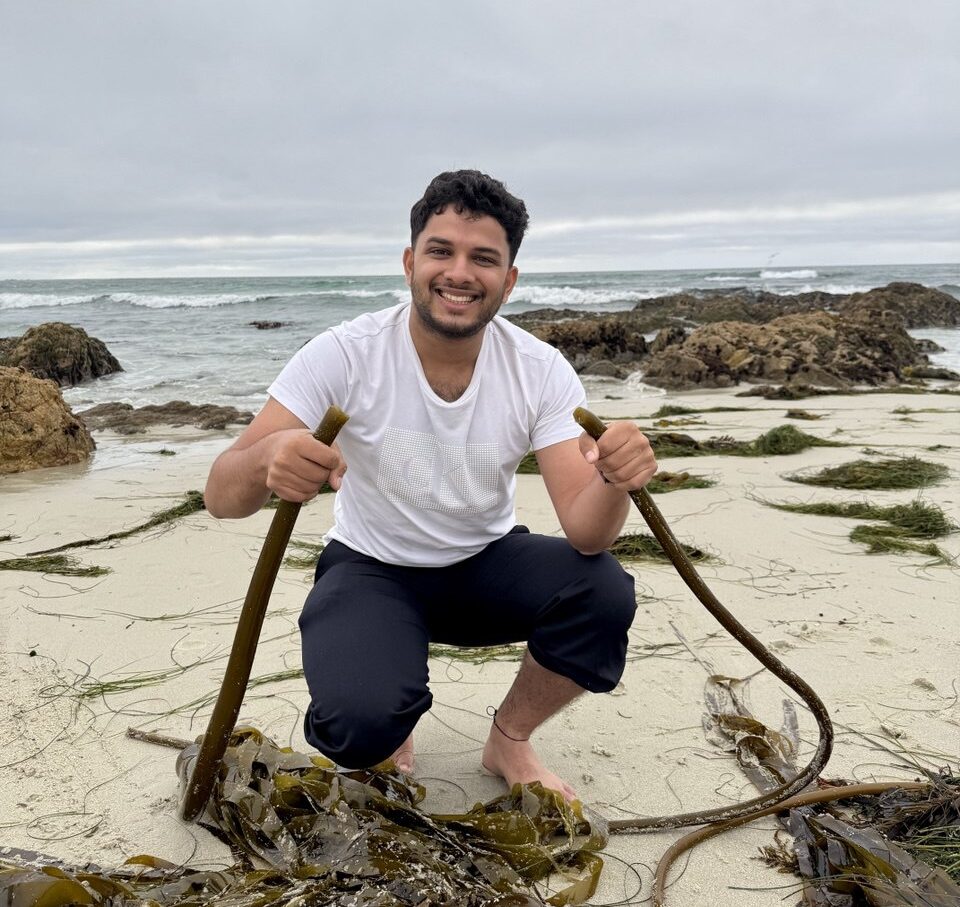A great privilege of my work at Born This Way Foundation for the last thirteen years has been learning directly from young people through research, their stories on Channel Kindness, and countless conversations. From the beginning, we knew their peer-driven strategies and advocacy would always guide our actions, as today’s younger generations are passionate innovators facing a challenging world with resilience and kindness. Too often, their perspectives are undervalued – or even outright ignored – in bigger conversations that impact them directly and indirectly. Now more than ever, policy and capital play an important role in the future of their wellbeing. We all have a role to play in amplifying their ideas and bridging the knowledge gap between them, organization leaders, and their communities to truly support them and enact change in the world. For Born This Way Foundation, that means not only listening to their needs, but taking action based on what they tell us.
Earlier this month, Born This Way Foundation and the Being Initiative (hosted at Grand Challenges Canada) brought together young LGBTQ+ mental health advocates from around the world to learn how they’re centering peer-driven strategies, seeking funding, making their services accessible, and communicating important resources with their communities. These advocates shared first-hand accounts of how traditional systems have supported and failed them, revealing an ever-growing need to include diverse perspectives in decision making. Our speakers came from different backgrounds, but shared a unique commonality: they want their communities to thrive, and they’re not afraid to share their stories to uplift them.
LGBTQ+ young people are facing policy backlash and threats to resources internationally, and they’re seeking building blocks to create solutions. This discussion reflected the conversations we must consistently have with young people, and I’m grateful for what I learned during this roundtable so we can all continue to do the work that truly represents their interests. From funder support, to policy impact, to the power of communities, we explored what’s working for these young leaders, what’s missing, and how centering their perspectives leads to impactful change.
Nuance and empowerment emerged as the greatest impact that collaborating organizations could bring to support their community-building efforts. Many of our speakers highlighted the importance of context and bias in fueling a sense of agency and empowerment.
One of our speakers, Trevor (he/him), spoke about using digital technologies to support young LGBTQ+ people, including a WhatsApp Chatboard to deliver cognitive behavioral therapy to his peers in Zimbabwe, South Africa, and Nigeria. For him, the biggest impact is the scale in which you’re able to reach young people that are already hard to reach when using traditional methods of engagement. Organizations and funders can help improve the scale of outreach so young people can gain a sense of agency to seek proper help and resources in person through this exposure.
Additionally, our speaker Eren (they/them) used their lived experience to share how a lack of support systems presents challenges for LGBTQ+ youth, including obtaining gender-affirming care and mitigating harm. Using targeted approaches that take these lived experiences into account can help leaders understand how varying factors compound and impact the lives of the community they serve. Another speaker, Francisco (he/him), mirrored how the importance of lived experiences and empathy applies to comprehensive policy solutions. For him, policy plays a critical role in funding research, recognizing bias in treatment, and addressing needs on a micro-level.
Puspita (she/her), a young mental health professional in Indonesia, noted provider bias can also often influence the quality of care peers may receive in her community because of the persistent challenge that stigma presents. She believes it is important to take perspectives into account to build more supportive systems that also address stigma.
David (he/him) followed up by emphasizing the need for culturally competent care. Most support systems he’s found are often based on Western models and don’t factor in cultural nuances like spirituality, community, and common social practices which play a big role in effective support. David strongly believes funders can empower young LGBTQ+ people to build their own ecosystems of mental health support, allowing them to build the solutions they need with sustainability, cultural competency, and long-term impact in mind. Greysyn (they/them) echoed this element of empowerment by noting it’s important for young people to see representation in care from people who share their experiences. Personal narratives can also be critical in building young LGBTQ+ people’s trust in these support systems and helps reduce their hesitancy to share their own perspectives.
These powerful contributions to our roundtable reveal a global communication gap between LGBTQ+ young people, organizations, and their communities. But these young visionaries are not only eager to present solutions to fill that gap; they want to be involved in the process while doing so. They recognize the power that comes with being engaged directly while appreciating the direct and indirect impact on their communities. To truly build safer and more supportive online communities, they say including young leaders is the only effective way forward. We found many of their thoughts tied into our research and advocacy efforts as well.
To that end, Born This Way Foundation and our partners at Hopelab recently released a research report, co-created with the help of LGTBQ+ young people, that highlights the role digital communities play in the lives of LGBTQ+ young people. Continued research and roundtables like these are necessary to prioritize young people’s insights and center their stories at the heart of our actions.
We remain steadfast in working with and for young people in the pursuit of a kinder, braver world for them and for future generations.




